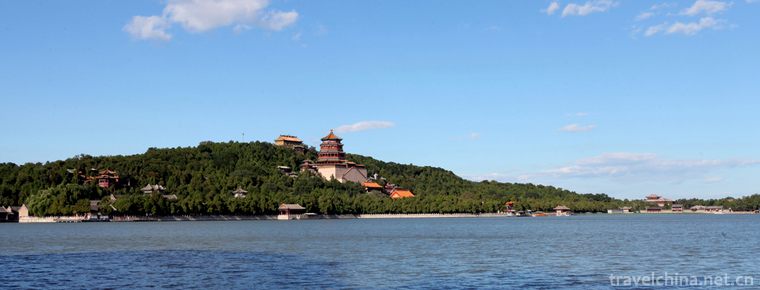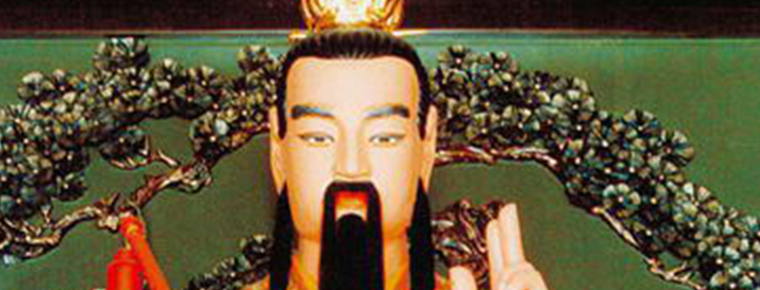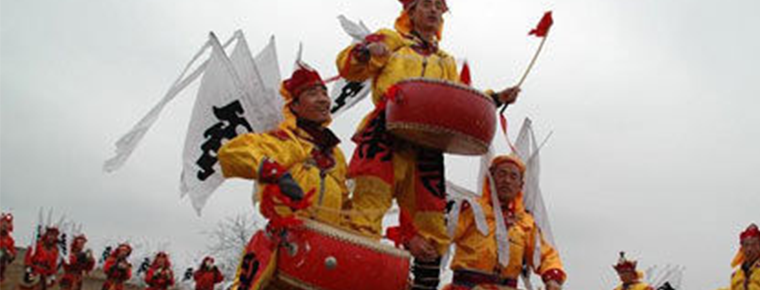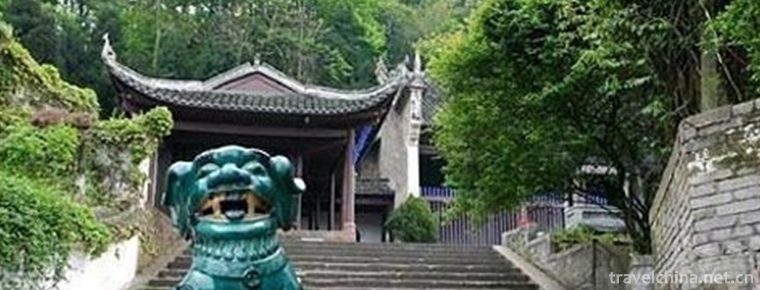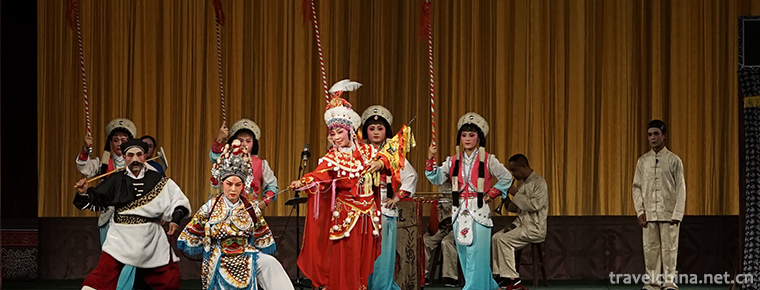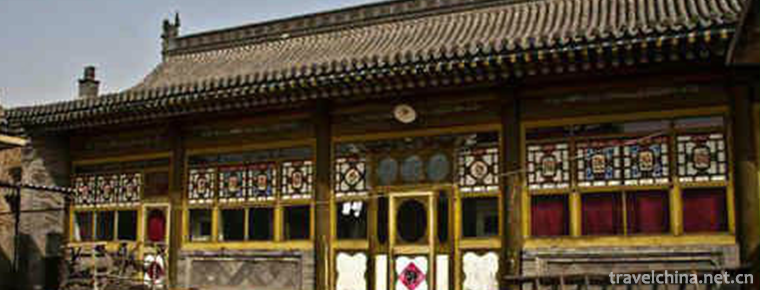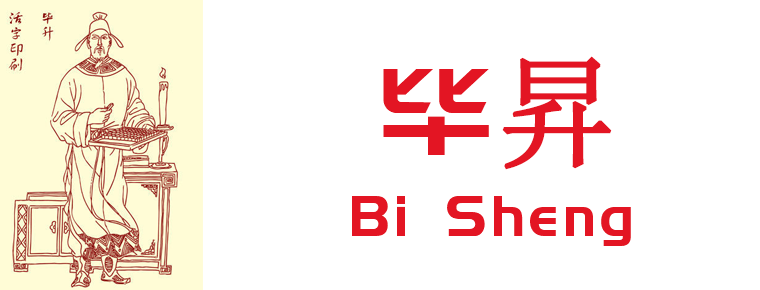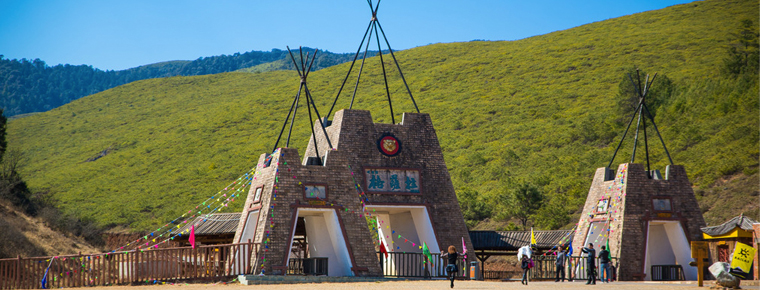Ewenke to seize the pivot
Ewenke to seize the pivot
Pivot-snatching is a traditional competitive event of Ewenki nationality. It was performed by the representative team of Inner Mongolia Autonomous Region in the 6th National Minority Traditional Sports Meeting. For thousands of years, the Lele Car has been carrying Ewenki people. It has drawn a long life rut in the vast grassland with clear breeze in Biye. Later, the wheels and axle pins of the Lele car became a unique sport item of the Ewenki people, that is, the competition equipment of the "snatch pivot" sport. After long-term development, this folk sport has been endowed with new connotations and has become a national sport with certain ideological, educational, entertaining and ornamental characteristics. There are three kinds of sports: men's team, women's team and men's and women's mixed team. The old competition venues are dominated by lawns. The newly designed ground plan is like an eagle spreading its wings. The head of the venue is like a star, and the tail is like a full moon. There are more than five players on both sides. In the race, the "pivot" is buried in the designated place first. Whoever finds the "pivot" first, the two sides will shout "pivot", and then start a fierce competition. Finally, the "pivot" wins by winning the "pivot" and knocking the "pivot" on the wheels of the terminal.
In June 2008, the Ewenki Hub declared by the Ewenki Autonomous Banner of Inner Mongolia Autonomous Region was listed in the second batch of national intangible cultural heritage list with the approval of the State Council.
historical origin
Old man Hasenqige tells us an old and wise story: there is an old man named Zara in Ewenki. During a trip, his family lost the pivot of the leader's car, which made many cars behind him unable to move. In a hurry, the experienced elder Zara summoned his two sons and ordered them to take a team with each other and return to find the pivot along the original way. Whoever team found the pivot and repaired the car would be rewarded. Soon the second son found his pivot. Hearing the news that Hu found, the big brother, who was big and tall, competed with his younger brother for a pivot in order to make his mark, so the two sides launched a fierce fight for the pivot. Eventually, the hub was seized by his powerful and responsive brother. The head car was repaired quickly and the migration team arrived at its destination smoothly. In order to commemorate the old man Zara, later generations gradually evolved the story of "snatching pivots" into a popular folk sport of the Ewenki people.
Folk activities
Hub-snatching is a traditional sport handed down from the ancient nomadic life of the Ewenki people. It is a folk sport in which people of different ages fight in different ways. In 1995, the teachers and students of Ewenki Ethnic Middle School excavated and sorted out. After standardizing rules, uniforming clothes and formulating competition and competition procedures, the Ewenki ethnic sports project with its own characteristics was finally restored.
The playing field of the pivot-grabbing competition is eagle-shaped, with 7 to 5 people on each side, attacking unilaterally and playing close to rugby. But in the confrontation, Mongolian-style wrestling is integrated. The pivot can only be passed by hand and can not throw or kick. Moreover, the pivot is randomly hidden in several pits. The attacking side breaks through the defense to find and touch the "pivot" for points.
Inheritance status
On June 11, 2009, the Ministry of Culture published a list of the third batch of inheritors of intangible cultural heritage. Hussein, the successor of Ewenki's "pivot-snatching" was selected.
Hassenqige is the president of Ewenki Research Association of Ewenki Autonomous Banner. In 1997, she and the comrades of the Institute began to organize, collect, excavate and develop the "pivot-grabbing" movement. Our group met her at the old man's home. Old Hussein Qige, dressed in national costume, holds a model of a Leler car in one hand, and holds materials for the declaration of intangible cultural heritage in the other hand, telling us all about "snatching the pivot".
"Pivot snatching" (Ewenki language "Pivot physical fitness") is an ancient folk traditional sport game handed down from Ewenki people's fight with nature, which has a history of thousands of years. The word "pivot" in "snatch pivot" means "pin" in Ewenki. It refers to the wooden pin used by nomadic people to fix the wheels on the axle of a leler and prevent the wheels from falling off from the axle. "Physical fitness" means "snatching" in Ewenki, so Ewenki is called "snatching pivot" as "pivotal physical fitness".
After thousands of years, in the era of scarcity of materials, the game of "snatching pivots" has accompanied many Ewenki people through unforgettable childhood. According to Hussein Qige, because "snatching pivots" gathers many skills in the daily nomadic and hunting process, it is not only loved by the Ewenki people, but also accepted by the Mongolian, Daur and Oroqen brothers.
Since 1997, the comrades of Hussein Qige and Ewenki Research Association have held many training courses on "Pivot-snatching" games, and actively promoted this sport on Ewenki grassland. In the process of continuous excavation and sorting out, gradually formed a competitive sport with fixed competition venues, equipment, competition methods and rules, which integrates many skills of Ewenki people in the daily nomadic hunting process. Now, the "Pivot-snatching" movement has blossomed all over the Ewenki grassland, and has been included in all primary and secondary physical education classes, and has won prizes in the National Games and the National Games of Inner Mongolia Autonomous Region.
In Ewenke Middle School, because of the summer vacation, we did not see the students rushing to "snatch the pivot" on the playground, but in the school's exhibition room, a picture of snatching the pivot training in physical education class, a glittering number of honorary trophies, let us really feel the popularity of this national sports event in the area. According to Hassen Qige, not only are schools carrying out the "pivot-grabbing" campaign, but also Sumu and towns in the banner have their own pivot-grabbing teams. Every year, the "Sebin Festival" will have a formal competition.
"Nowadays,'snatching pivots'has been well promoted in our local area, but it is not enough at the autonomous region and national level. After retirement, I will continue to work for the development of the civil "pivot-grabbing" movement. Hussein Qige spoke with great emphasis.
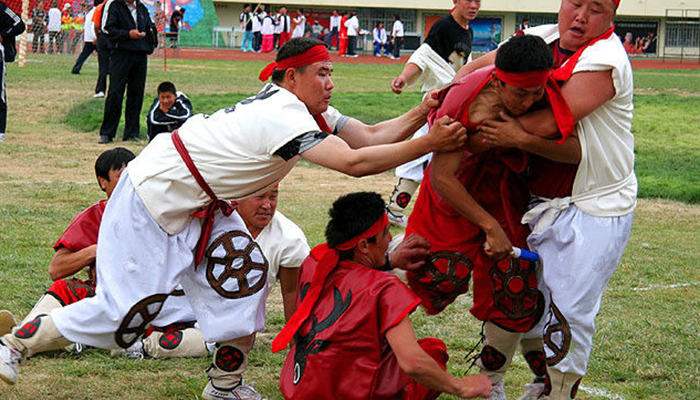
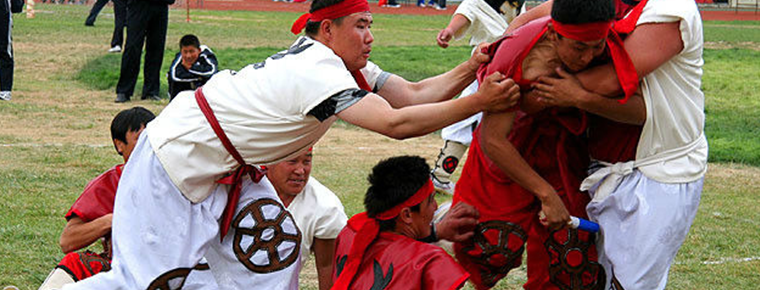
Ewenke to seize the pivot
-
Banyan Tree Shanghai On The Bund
Shanghai, one of the largest cities in the world, has a vibrant urban atmosphere, impressive urban skyline and rich and colorful culture. Located in the center of the city and resting on the Bank of H
Views: 508 Time 2018-12-16 -
Kizil Gaha Peak Sui
Located on the east side of Saltwater Valley in the northwest of Kuqa County Town, Kizil Mahabi is a towering ancient military building with the meaning of "old red mouth" or "red sentr
Views: 153 Time 2018-12-23 -
Shui Guan the Great Wall
Shuiguan Great Wall is the eastern part of Badaling Great Wall. It was built at the mouth of dangerous valley. The Great Wall of Zishuimen Archery Tower is "V" shaped
Views: 237 Time 2019-02-13 -
The legend of Huang Daxian in Huangchuping
Huang Chuping's legend is one of the local folklores in Jinhua, Zhejiang Province. It originated in the Eastern Jin Dynasty. The earliest written record was in The Biography
Views: 86 Time 2019-05-04 -
Luochuans drums
Luochuan Yigu, a traditional dance in Luochuan County, Shaanxi Province, is one of the national intangible cultural heritage.
Views: 162 Time 2019-05-15 -
Panhu Legend
Panhu and Xinnu myths and legends are abbreviated as Panhu legends. They originated in Luxi County, Xiangxi Tujia and Miao Autonomous Prefecture, Hunan Province. They are the main contents of Panhu cu
Views: 244 Time 2019-06-08 -
Siping Opera
Siping Opera, also known as Sijuan Opera, Siping Opera, Sipeng Opera and Sipeng Opera, is popular in Pingnan County, Zhenghe County, Fujian Province. It is one of the national intangible cultural heri
Views: 129 Time 2019-06-16 -
Construction Techniques of Yanmen Folk House
Yanmen folk house construction technology is a traditional skill with local characteristics in Xinzhou, Shanxi Province. It was listed in the third batch of intangible cultural heritage list in 2011.
Views: 155 Time 2019-07-10 -
Bi Sheng
Bi Sheng (about 971 years to 1051) was promoted to Hubei, Huanggang, Hubei. Yingshan County One of the great inventors of ancient China, the inventor of the five great ancient inventions of ancient Ch
Views: 243 Time 2019-09-06 -
Gesala Ecotourism Area
Gesala eco-tourism area is located in Yankou Township, walai Township, Wenquan Township and Qinghe Township in the northwest of Yanbian County, Panzhihua City. It is located at the junction of Sichuan Province and Yunnan Province.
Views: 379 Time 2020-10-15 -
Meishan Education
By the end of 2019, there are 824 schools of various types, including 435 kindergartens, 176 primary schools, 165 junior high schools, 26 senior high schools, 17 secondary vocational schools and 5 special schools. By the end of the year, there were 397900 students
Views: 187 Time 2020-12-18
